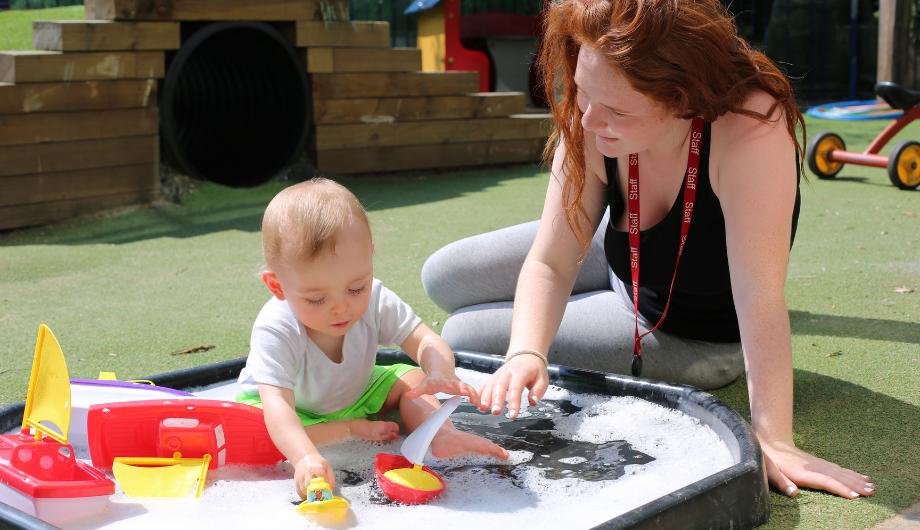
The impact of the mobile phone
It is Good to Talk! The signs of things going wrong in society are usually first evident in small children. The widespread dependence on Smartphones is…
December 5th 2016
Last week, I began the week with a challenge to the security at City Hall. Arriving for a meeting with the Mayor’s Education Advisor, I popped my bag onto the security x-ray machine. As it went through, the security guard asked me to explain the strange items at the bottom. Baffled, I looked intently at an orange and blue x-ray image. It meant nothing to me until prompted by the guard, at which point I realised it was two packets of dinner knives I had bought from Poundland to restock our depleted kitchen drawer at Central Office.
Luckily, they had a sense of humour and they allowed me to proceed which is just as well, as I was back at City Hall on Friday for a Roundtable, led by Deputy Mayor for Education and Childcare, Joanne McCartney, to examine how we do more to address London’s Childcare Challenge, something I have already written about.
Right now I think London’s childcare and education sector is lucky that Mayor Sadiq Khan is taking our work seriously. He has no statutory duties but he is a powerful advocate for us and maybe he can help us get the public to understand just what it is we do. He certainly has embedded the idea that childcare is central to the life of the city. The phrase childcare as part of our infrastructure was very much in evidence.
This is important given the research findings that both the Family and Childcare Trust (FCT) and IPPR shared at the meeting. None of this was a surprise :
What to do and some solutions? We need many more, so you’re welcome to send in answers on a postcard, but in the meantime here are a few that were shared :
But here are my top three :
And finally, we need to work together. London’s businesses need to be more involved to filter money, to train and develop our staff through Local Economic Partnerships. (LEPs). Sadiq is the chair of the London LEP.
Of course, ultimately what we need is for our Mayor and the Deputy Mayor to drive a campaign that brings alive the important role Early Years plays in contributing to the economic and social fabric of London.

It is Good to Talk! The signs of things going wrong in society are usually first evident in small children. The widespread dependence on Smartphones is…

Talking Early Years – In Conversation with Dr Ger Graus The power of play is recognised within the Early Years sector as essential to children’s development. Playing is…

How Early Years staff can help children cope with imprisonment of a loved one In my life many of my connections have been made through serendipity. In this case…